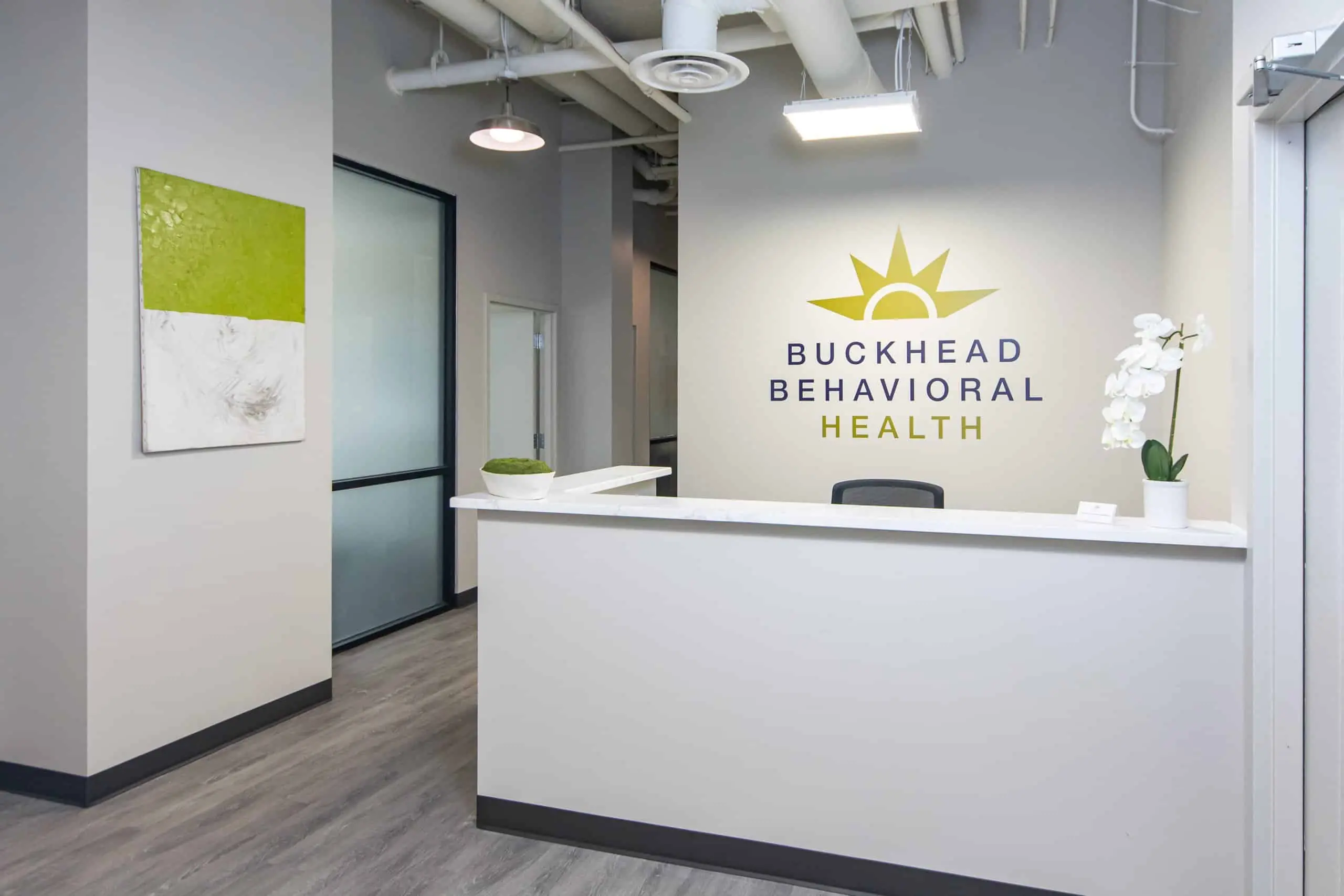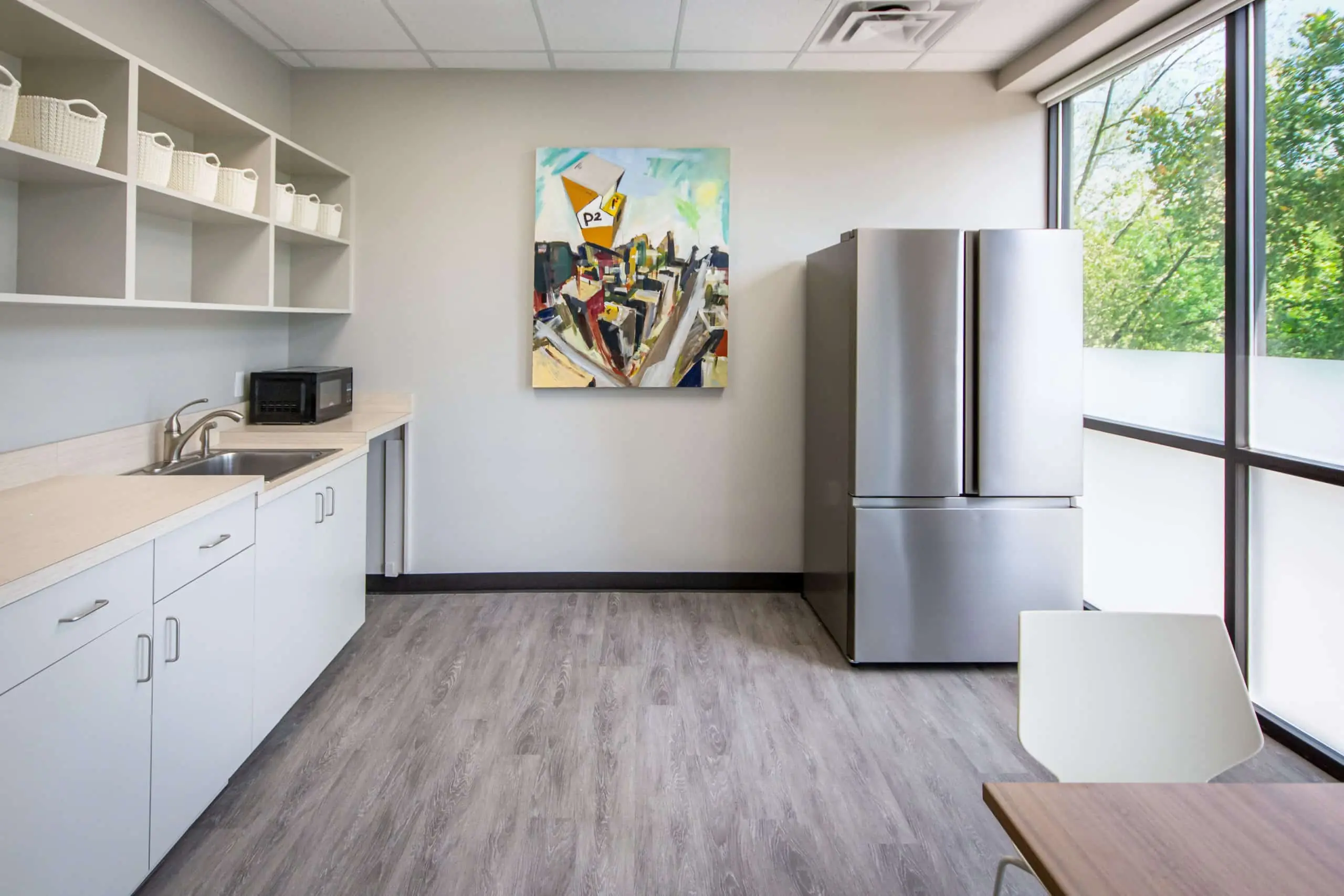For individuals navigating the challenging path to sobriety, Vivitrol can provide a critical lifeline. This FDA-approved medication has proven to ease the discomfort of early recovery stages, offering a smoother journey toward lasting sobriety. Whether combating alcohol or opioid addiction, Vivitrol may hold the key to overcoming substance misuse and regaining control of your life.
Call us today at (470)460-6789 to learn more about our mental health and addiction services in Atlanta.
What is Vivitrol?
Vivitrol, also known as naltrexone, is an opioid blocker administered via injection. Approved by the Food and Drug Administration (FDA) in 2006 for alcohol addiction and later in 2010 for opioid addiction, Vivitrol is a prescription-only medication commonly used by healthcare professionals and addiction treatment facilities. Unlike some other medications, Vivitrol is non-addictive, making it a preferred choice for many recovery programs.
How Does Vivitrol Work?
Substance use disorders often lead to a buildup of tolerance, requiring more of the substance to achieve the desired effects. When substance use stops, withdrawal symptoms and cravings can make recovery particularly challenging. Vivitrol works by blocking the brain’s ability to experience the euphoric effects of drugs or alcohol, effectively reversing the brain’s association of these substances with pleasure.
Administered as a monthly intramuscular injection by a licensed healthcare professional, Vivitrol can reduce the risk of relapse and keep individuals focused on their recovery. It is most effective when combined with other treatment methods, such as therapy and counseling, as part of a comprehensive medication-assisted treatment (MAT) program.
Vivitrol Side Effects
While generally considered safe, Vivitrol may cause some side effects, including:
- Headache
- Nausea and vomiting
- Diarrhea
- Joint or muscle pain
- Fatigue
- Restlessness
- Dizziness
- Injection site reactions
Most side effects are temporary and subside after the body adjusts to the medication. It is essential to report any side effects to the healthcare provider administering the injection.
Vivitrol for Alcohol Addiction
Alcohol addiction affects millions of people in the U.S., and Vivitrol has proven effective in addressing this pervasive issue. By minimizing cravings and blocking the euphoric effects of alcohol, Vivitrol reduces the likelihood of relapse. Even if a person consumes alcohol while on Vivitrol, the blunted effects make it less appealing, helping them stay on the path to sobriety.
What Happens if You Drink on Vivitrol?
Drinking while on Vivitrol will not cause sickness, but the medication blocks the euphoric effects typically associated with alcohol consumption. This diminished reward helps reduce the desire to drink again. However, combining Vivitrol with opioids can lead to severe complications, as the medication’s blocking mechanism can increase the risk of overdose if someone attempts to overcome its effects.
Vivitrol for Opioid Addiction
Opioid addiction, which affects millions annually, can be particularly difficult to overcome due to the intense withdrawal symptoms and cravings associated with it. Vivitrol offers a powerful solution by acting as an opioid antagonist. The medication prevents opioid molecules from attaching to receptors in the brain, effectively curbing cravings and easing withdrawal symptoms.
Important Considerations for Opioid Addiction Treatment
Individuals must abstain from opioid use for 7-14 days before starting Vivitrol to avoid sudden withdrawal symptoms. Once administered, each injection remains effective for approximately one month, providing consistent support for those in recovery.
Does Vivitrol Work?
Research shows Vivitrol’s effectiveness in helping individuals achieve and maintain sobriety. For example:
- Opioid Addiction: A study found that 64% of patients using Vivitrol were opioid-free after one year, compared to 39% in a control group.
- Alcohol Addiction: Studies have shown that 86% of patients on Vivitrol reported reduced heavy drinking by their final visit.
How Much Does Vivitrol Cost?
The cost of Vivitrol varies based on factors such as insurance coverage and the treatment facility’s fees. Many private and public insurance plans include Vivitrol as part of their coverage, making this life-changing medication accessible to more people.
Additional Ways to Treat Addiction at Buckhead Behavioral Health
While Vivitrol is an invaluable tool in addiction recovery, a multi-faceted approach is often necessary to achieve lasting sobriety. At Buckhead Behavioral Health, we offer both residential and outpatient treatment programs designed to address every aspect of substance use disorders.
Our services include:
- Residential Programs: Provide 30+ days of immersive treatment in a supportive environment.
- Outpatient Programs: Allow individuals to continue their recovery while living at home, including:
- Regular Outpatient Programs (OP)
- Intensive Outpatient Programs (IOP)
- Partial Hospitalization Programs (PHP)
These programs are tailored to meet the unique needs of each client, focusing on their substance use history, mental and physical health, and personal circumstances.
Want to Learn more about Buckhead Behavioral Health?
Start Your Recovery Journey Today
At Buckhead Behavioral Health, we are dedicated to helping individuals overcome addiction and achieve lasting sobriety. Whether you’re seeking Vivitrol treatment or a comprehensive recovery program, we’re here to guide you every step of the way. Contact us today to learn more about our services, verify your insurance, and begin your journey to recovery.
Call us at 470-460-6789 to take the first step toward a healthier, happier future.




